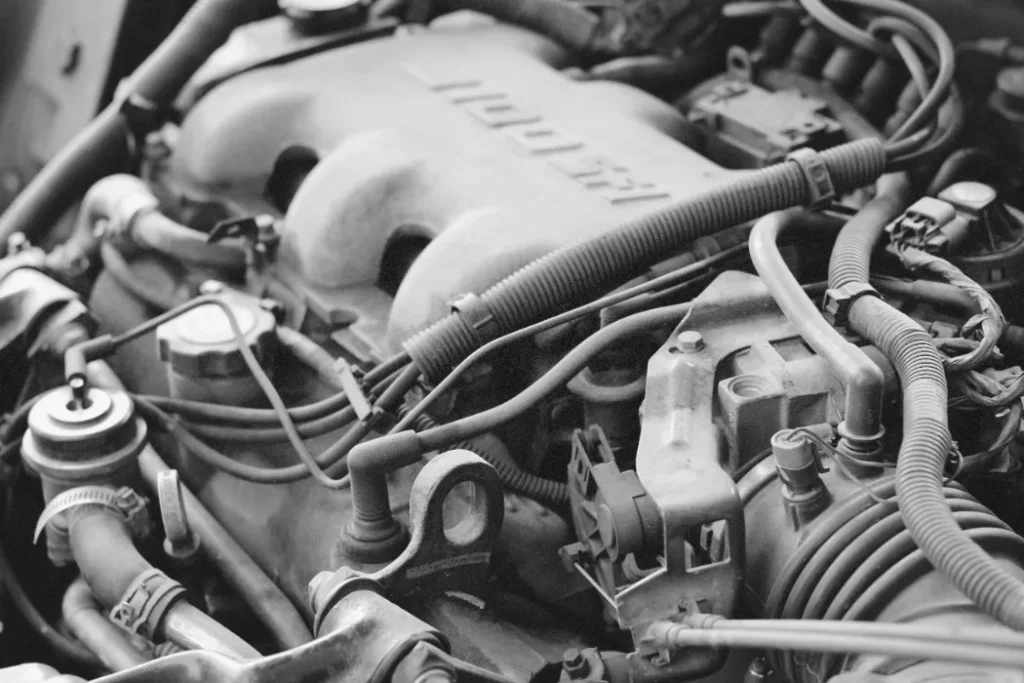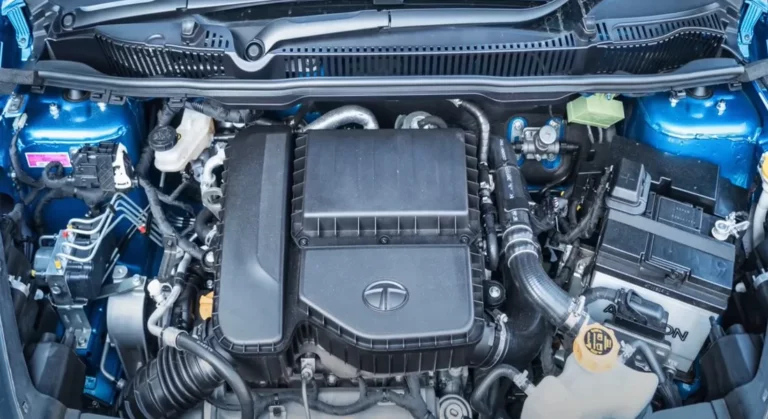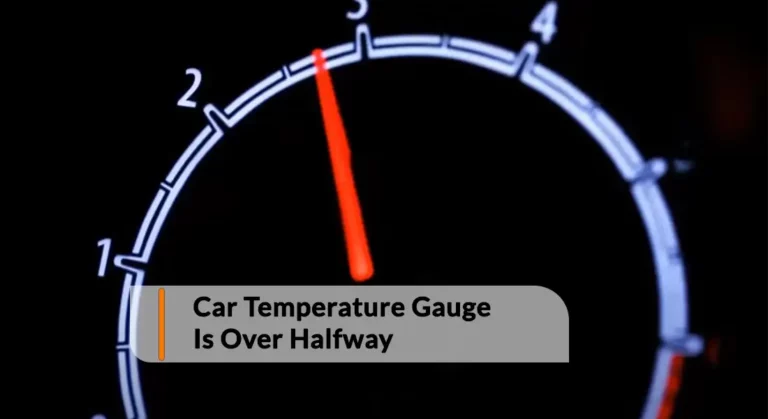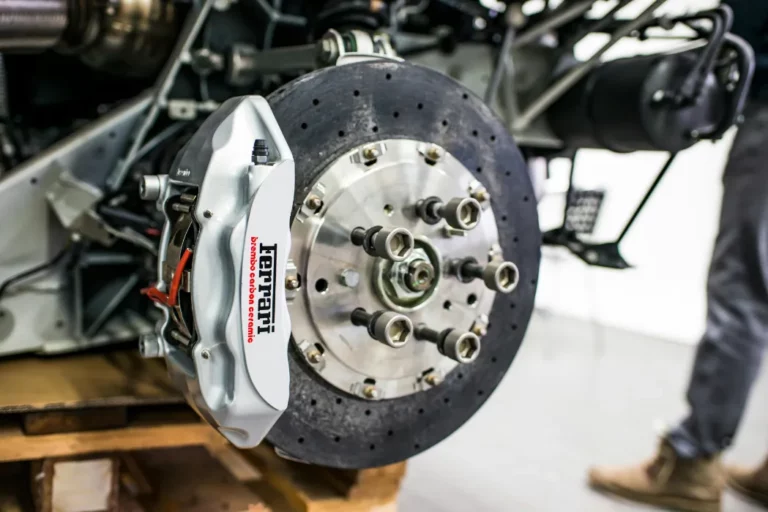What Happens If You Spill Oil on Your Engine?
Even if you are a person with the steadiest hands, there is always the chance of spilling oil while you are pouring it into your car.
But really, what happens if you spill oil on your engine by accident? There could be some damage if you leave the spillage there for too long.
However, your alarm bell should not go off when this happens, and you should finish pouring the engine oil. After that, you should wipe the excess oil with the help of a cloth. Let’s get into the details in the next few sections.

What Happens If You Spill Oil on Your Engine
These are a few things that might happen if you spill oil on your engine:
The Engine’s Finish Will Fade
Let me repeat again, you will only face troubles with your car if you leave spilled oil like that for too long. If it remains like that for some time then your engine’s paint and finish might start to look a little faded.
Engine Damage
If the oil gets in the seals and the rubbers they will, with time, get worse and therefore will cause issues in the engine.
Dirt Will Accumulate
There is also a possibility of dirt covering up the oil spill because of it being sticky, and this will result in your engines getting clogged up in the future.
Engine Fire
Lastly and most importantly, your oil spill may lead to a fire risk if the volume of it is quite bit. If that’s the case and it gets in the manifolds and the serpentine belt, your engine might catch fire.
Can An Oil Spill Lead to an Engine Fire?
As we have mentioned before, the spillage can lead to an engine fire, but not that easily.
The oil, motor oil, is not categorized to be flammable. We only consider a liquid to be flammable if there is ignition at 200 degrees Fahrenheit. Since motor oil gets ignited around 300-to-400 degrees Fahrenheit, we don’t really call it flammable.
Regardless of that, you might notice smoke coming from your car’s bonnet when the engine starts to heat up.
But there’s a catch here, the car will only catch fire if that area reaches more than 750 degrees Fahrenheit or if there is an open fire around.
You are safe until the oil goes into areas such as the manifold or the catalytic converter. The smoke will go away once it has been evaporated fully.
But it goes without saying that you should have someone check your car out if this is a recurring event to figure out how much has the oil leaked.
What Should Be the Next Step After Spilling Oil in Your Engine
The moment you find yourself in that situation, run and get an absorbent tissue or preferably a towel that is thick. Better yet, keep a towel like that with you when you are pouring engine oil into your car.
It is best if you don’t leave the car unattended like that as dust may gather around the engine. Also, if it gets dried up, a bad smell will reach your nose soon enough.
Related Post: Oil Drain Plug Stuck? Here’s How to Fix it!
How to Clean Your Engine After an Oil Spill
This detailed step-by-step guide will help you out when such an accident occurs to you. Follow it by heart to keep your engine away from damage.
Step 1: Finish Pouring the Engine Oil
You should finish what you started and then move on to the cleaning process. The reason behind this is that there is a chance that you might spill the oil again. If that happens, you have to clean the mess again.
Furthermore, you might forget to top up the engine oil while you get caught up with clearing up the oil. When the motor oil is not up to its recommended mark, then it could lead to a fire.
The oil is responsible for maintaining the temperature of the engine.
Also, be sure to use a funnel as the entire process becomes smoother and far more efficient.
Step 2: The Accessible Oil Has to Be Wiped off
Put your protective gloves on first for safety purposes. Then you would want to take a cotton cloth or even thick tissues would do the job just fine. Start to soak and wipe whatever oil is accessible to you.
You won’t be able to get all the oil like that as some of it might have made its way to areas that are beyond reach.
While you are dealing with all the electrical components, be certain that you are very careful. Damage can cause the loss of function of a particular component. For example, oil spillage in the serpentine belt may lead to the loss of power steering.
Step 3: Clean-Up Time
Pick a very mild detergent for this process and begin to clean the surface of the engine. Make sure you are not spraying the detergent on the components of the car. Then use a degreaser spray to dissolve all the oil.
Wait for a few minutes for the degreaser to do its job and then use a pressure washer to rinse it all up. Again, the electrical parts and the wiring should not get soaked at any cost.
The parts must be fully dry for the next step.
Step 4: Hit Ignition
Once everything that we have explained above has been done, just hit ignite to inspect how the car engine is working.
You do not have to worry if you detect a bad smell, that is only the degreaser and the oil residue getting heated up. The smell should diminish within a few minutes.
If you see smoke coming out of your engine, you should switch the engine off immediately. Consulting with a professional should be your next step.
Related Post: Coolant Reservoir Boiling, But Engine Doesn’t Overheat? Causes & Solutions
Frequently Asked Questions [FAQs]
Is it safe to wash my car engine?
Yes, absolutely. You can do it with the help of a pressure washer.
Is it okay if I don’t do a thorough wash if the oil is only a little?
It is always better to wash properly, even though the danger is minimal.
Do the engine oils get evaporated in the engine?
Yes, all oils do actually.
What causes engine oil to evaporate?
The high heat of the engine causes the engine oil to evaporate.
When should one change engine oil?
One should change their engine oil every 5,000 to 7,500 miles.





